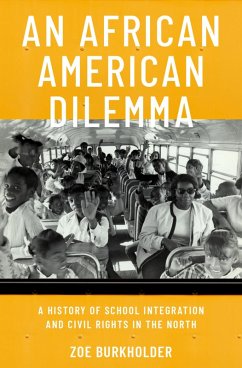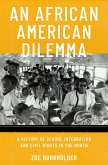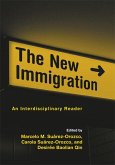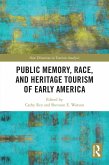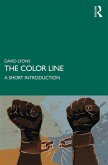An African American Dilemma offers the first social history of northern Black debates over school integration versus separation from the 1840s to the present. Since
Brown v. Board of Education in 1954 Americans have viewed school integration as a central tenet of the Black civil rights movement. Yet, school integration was not the only--or even always the dominant--civil rights strategy. At times, African Americans also fought for separate, Black controlled schools dedicated to racial uplift and community empowerment.
An African American Dilemma offers a social history of these debates within northern Black communities from the 1840s to the present. Drawing on sources including the Black press, school board records, social science studies, the papers of civil rights activists, and court cases, it reveals that northern Black communities, urban and suburban, vacillated between a preference for either school integration or separation during specific eras. Yet, there was never a consensus. It also highlights the chorus of dissent, debate, and counter-narratives that pushed families to consider a fuller range of educational reforms. A sweeping historical analysis that covers the entire history of public education in the North, this work complicates our understanding of school integration by highlighting the diverse perspectives of Black students, parents, teachers, and community leaders all committed to improving public education. It finds that Black school integrationists and separatists have worked together in a dynamic tension that fueled effective strategies for educational reform and the Black civil rights movement, a discussion that continues to be highly charged in present-day schooling choices.
Dieser Download kann aus rechtlichen Gründen nur mit Rechnungsadresse in A, B, BG, CY, CZ, D, DK, EW, E, FIN, F, GR, HR, H, IRL, I, LT, L, LR, M, NL, PL, P, R, S, SLO, SK ausgeliefert werden.

